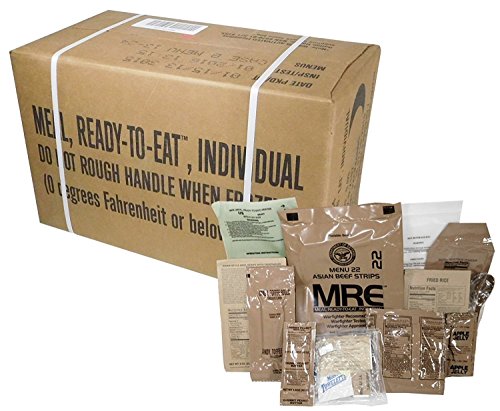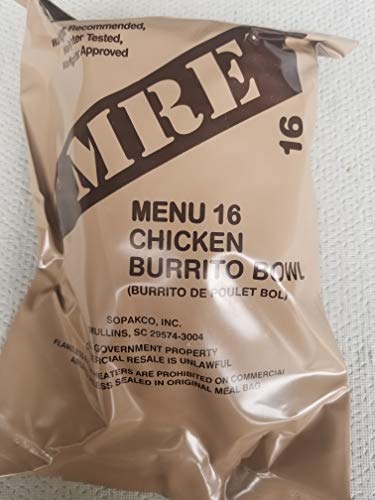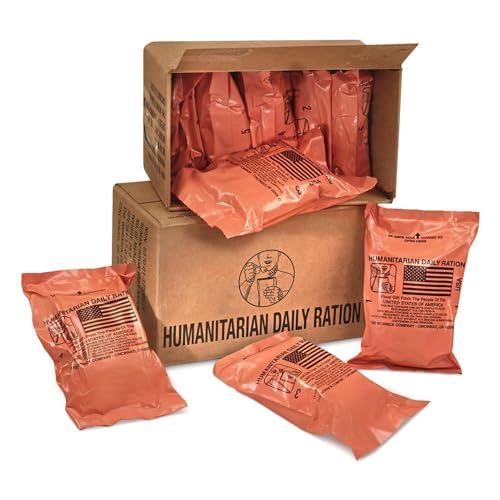The Top 5 Books to Read on Prepping
In an unpredictable world, being prepared for emergencies—whether natural disasters, economic instability, or societal disruptions—has become a priority for many. Prepping, or preparedness, involves equipping yourself with the knowledge, skills, and resources to handle crises. For those looking to dive into this mindset, books offer a wealth of practical advice and inspiration. Below are the top five books on prepping, selected for their comprehensive guidance, actionable strategies, and relevance to modern challenges.
1. "The Prepper’s Blueprint" by Tess Pennington
Why It’s Essential: This book is a step-by-step guide to building a comprehensive preparedness plan. Pennington breaks prepping into manageable layers, from short-term survival to long-term self-sufficiency. It covers food storage, water purification, security, and medical preparedness, making it ideal for beginners and seasoned preppers alike.
Key Takeaways:
-
A 52-week preparedness plan to gradually build your supplies and skills.
-
Detailed checklists for food, water, first aid, and defense.
-
Emphasis on adapting plans to your family’s unique needs and location.
Why It Stands Out: Pennington’s approach is practical and non-alarmist, focusing on empowerment through organization. The book’s structured format helps readers avoid feeling overwhelmed, and its focus on community-building adds a collaborative angle to prepping.
2. "SAS Survival Handbook" by John "Lofty" Wiseman
Why It’s Essential: Written by a former SAS soldier, this handbook is the gold standard for survival skills in any environment. While not exclusively about prepping, it’s a must-read for anyone wanting to master the skills needed to survive in the wilderness or during a crisis.
Key Takeaways:
-
Techniques for building shelters, finding food, and navigating without modern tools.
-
First aid and self-defense strategies for extreme situations.
-
Advice on preparing for urban and rural survival scenarios.
Why It Stands Out: Wiseman’s military expertise and clear, concise instructions make this book a timeless resource. Its compact yet comprehensive nature ensures it’s both a reference guide and a field manual, perfect for preppers who value self-reliance.
3. "The Modern Survival Manual: Surviving the Economic Collapse" by Fernando "FerFAL" Aguirre
Why It’s Essential: Based on Aguirre’s experiences during Argentina’s 2001 economic collapse, this book offers a unique perspective on surviving societal breakdown. It focuses on urban prepping, addressing challenges like crime, inflation, and resource scarcity.
Key Takeaways:
-
Practical tips for securing your home and staying safe in chaotic environments.
-
Strategies for bartering, managing finances, and maintaining a low profile.
-
Insights into the psychological and social dynamics of a collapsing society.
Why It Stands Out: Unlike many prepping books that focus on rural or wilderness survival, Aguirre’s work is grounded in real-world urban collapse. His firsthand account adds credibility and urgency, making it a must-read for city-dwelling preppers.
4. "Prepper’s Long-Term Survival Guide" by Jim Cobb
Why It’s Essential: Cobb’s book is a comprehensive resource for preparing for extended crises, such as prolonged power outages or societal disruptions. It emphasizes sustainable systems for food, water, energy, and security, making it ideal for those planning for long-term self-sufficiency.
Key Takeaways:
-
Guidance on creating renewable food sources, like gardening and foraging.
-
Tips for off-grid energy solutions and water collection.
-
Strategies for building community networks to enhance survival odds.
Why It Stands Out: Cobb’s focus on long-term resilience sets this book apart. His conversational tone and practical advice make complex topics accessible, while his emphasis on community underscores the importance of collective preparedness.
5. "When All Hell Breaks Loose" by Cody Lundin
Why It’s Essential: Written by survival expert Cody Lundin, this book blends humor with hard-hitting advice on surviving disasters. It’s particularly valuable for its focus on urban and suburban prepping, addressing scenarios like power grid failures or civil unrest.
Key Takeaways:
-
Detailed instructions for water purification, sanitation, and food storage.
-
Psychological strategies for staying calm and making decisions under stress.
-
Emphasis on low-cost, practical solutions for everyday preppers.
Why It Stands Out: Lundin’s engaging style and focus on mindset make this book both informative and motivating. His no-nonsense approach to gear and skills ensures readers can prep effectively without breaking the bank.
Why These Books Matter
Each of these books offers a unique perspective on prepping, from hands-on survival skills to urban resilience and long-term planning. Together, they provide a well-rounded education for anyone looking to prepare for uncertainty. Whether you’re new to prepping or refining your strategy, these resources will equip you with the knowledge to face challenges head-on.
Final Tip: Start with the book that aligns most with your current needs—whether it’s Pennington’s structured planning or Aguirre’s urban survival focus—and gradually work through the others. Prepping is a journey, and these books are your roadmap to confidence and readiness.




